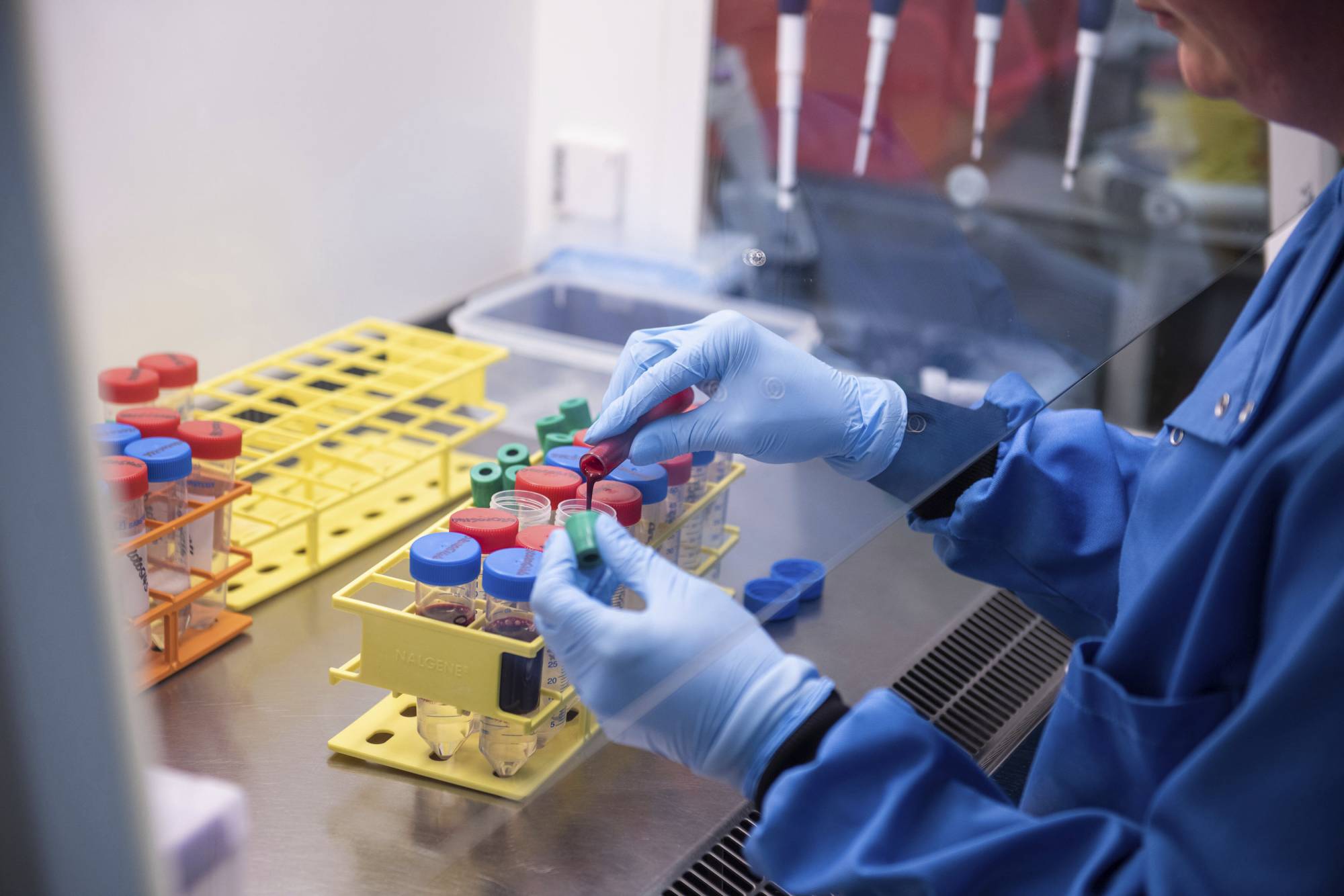The world is unequal enough and the COVID-19 pandemic threatens to make things more unequal still. Poorer countries have had to take on debt they will struggle to pay back. Their more fragile healthcare systems and crowded cities forced them into stricter and more economically harmful lockdowns, and poverty rates have risen dramatically. Now, they rightly fear a staggered recovery from the pandemic will further disadvantage them, given how expensive vaccine rollouts look to be.
It should not be surprising then that several developing countries, led by India and South Africa, argued earlier this month at the World Trade Organization’s intellectual property rights council that IPR-related payments should be suspended for the duration of the pandemic for COVID-19 related vaccines, therapeutics and equipment. They worry about "intellectual property rights hindering or potentially hindering timely provisioning of affordable medical products” to their citizens.
The full council will meet on the subject in December. Whatever the outcome, the bid is a shot across the bow of the current IPR system. The issue isn’t just about getting poor countries access to vaccines. It is about allowing them to choose the vaccine that best suits their populations and infrastructure, and ensuring that they get enough doses quickly enough that they don’t have to wait until 2024 to resume normal life while the West and China move forward.



















With your current subscription plan you can comment on stories. However, before writing your first comment, please create a display name in the Profile section of your subscriber account page.